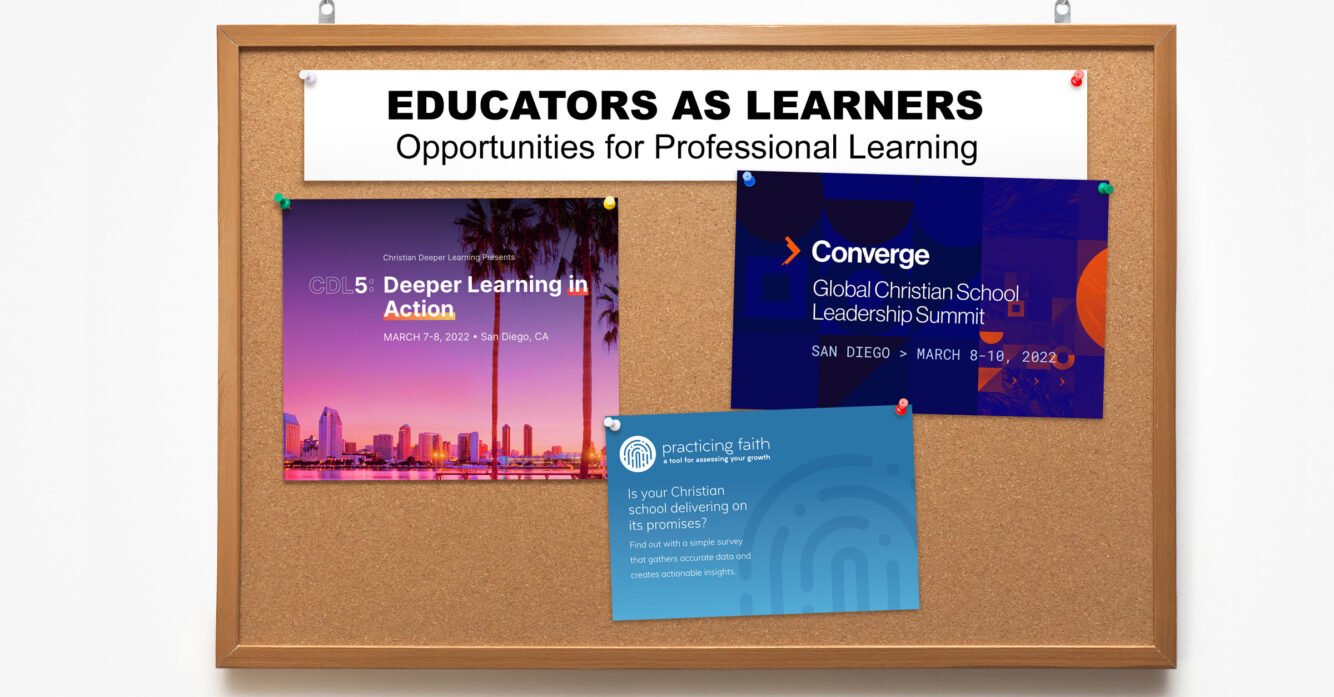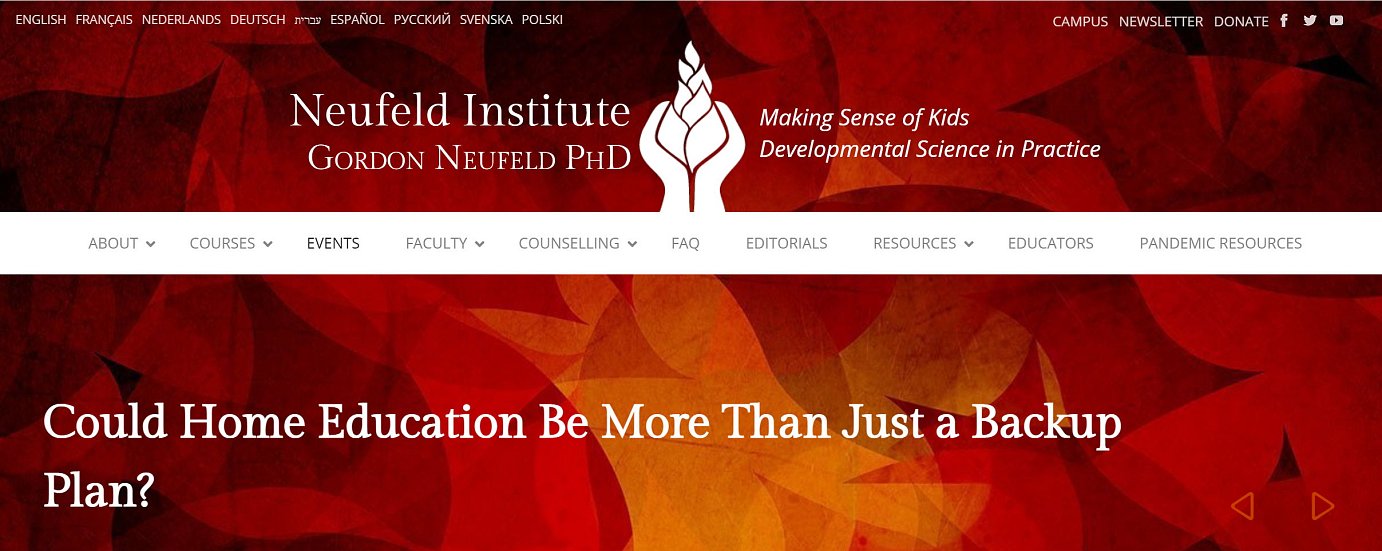Articles to equip you to do it!

 Submitted by Harold Klassen
Submitted by Harold Klassen
Gateways to Better Education exists to promote "religious freedom in public schools" in the United States. As a nonprofit organization founded in 1991, they seek "to help public school educators, parents and school leaders foster faith-welcoming schools as well as teach about the Bible and Christianity without mixing church and state."
"While some Christians have an "us-versus-them" mentality about public schools, Gateways urges the Church to see that Christians are also "them." There are millions of Christians currently in public schools. They are found at every level and include superintendents, school board members, administrators, educators, parents, and students. Barna Research's polling data indicates that 84% of church-attending families send their children to public schools and nearly 50% of public school educators are Christians who attend church and say that their faith is very important in their lives."
 Submitted by Harold Klassen
Submitted by Harold Klassen
Join Turning Learning: A Meeting Place for Christian Educators Facebook Group
 Submitted by Harold Klassen
Submitted by Harold Klassen
Dan Beerens, The CACE Roundtable says given the disruptive nature of life these days and the press of the urgent at this time of year, I thought it might be a public service to aggregate professional development opportunities and resources for you to consider. My list is not all inclusive, so if you have an event or resource you wish to add, please do so in the comment section below.
 Submitted by Harold Klassen
Submitted by Harold Klassen
John Stonestreet in Breakpoint Colson Center, September 14, 2021, says According to the U.S. Department of Education, since the start of the pandemic, more than 1.5 million students have left traditional public schooling. Parents and students, it seems, are looking for something different.
 Submitted by Harold Klassen
Submitted by Harold Klassen
John Stonestreet in Breakpoint Colson Center, September 14, 2021, says last week, a U.S. District judge ruled against a Catholic school that had fired a male teacher for announcing that he planned to marry his male partner. Coming from a judge notably progressive on sex and marriage issues, who cited last year’s consequential Bostock decision, this wasn’t much of a surprise. However, a significant part of his reasoning was: the Catholic school was not Catholic enough.
 Submitted by Harold Klassen
Submitted by Harold Klassen
Ashley Berner in Cardus, June 30, 2021, asks an important question, "Do independent schools contribute to civic formation?" One of the reasons that many people inside the church as well as outside it are reluctant to support independent schools is the assumption that they will be less effective than public schools at helping students contribute to the common good by becoming well-adapted members of their diverse, multicultural communities. This research helps dispel the myth that socialization and civic formation is somehow distorted or underdeveloped in independent schools.
Reflections on Michael Strains, “Do Schools Exist for Students or Teachers?” from the National Review, June 28, 2021
There is a feel-good mantra educators often hear and too often glibly repeat: “It’s all about the students.” It is hard to imagine boards, faculty-teachers and the taxpaying public saying and believing otherwise. And certainly students mature enough to understand the question would assume “it” is, in fact, about them—their growth, development, safety, affirmation and preparation for the future, that is, about their holistic wellbeing.
Practice suggests a more complicated reality. Parents, older students, and a host of social critics have questioned the truthfulness of this statement. In doing so, they point to everything from inappropriate physical settings to the hours of instruction and misguided budgets, all of which suggest other priorities are at play in the system.
 Submitted by George Durance
Submitted by George Durance
Is going to school a basic human need…to learn, to be socialized, to develop citizenship? Development theorist Gordon Neufeld looks at the situation in Europe and North America and argues, "It depends." This is a thoughtful, instructive essay that rejects simplistic, categorical, unidimensional answers.
Page 1 of 2